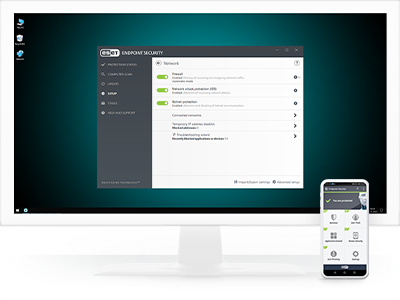Cyber threats are on the rise and they pose a serious risk to businesses of all sizes. One of the most vulnerable areas for cyber attacks is endpoints – devices such as laptops, smartphones, and tablets that connect to a network. As employees increasingly work remotely and use personal devices for work purposes, it is necessary for organizations to strengthen their endpoint security. Here is a guide to help you enhance your endpoint security Dubai against cyber threats.
Keep software and systems updated:
Outdated software is a common entry point for cybercriminals. Regularly updating operating systems, applications, and security tools ensures that known vulnerabilities are patched. Enabling automatic updates can help keep devices protected against emerging threats without requiring manual intervention.
Enforce strong authentication measures:
Weak or reused passwords can compromise endpoint security. Implementing multi-factor authentication (MFA) adds an extra layer of protection by requiring users to verify their identity through multiple steps. Additionally, using password managers can help employees generate and store complex passwords securely.
Deploy next- generation antivirus (NGAV) and EDR:
Traditional antivirus programs may not be sufficient to detect advanced threats. Next-generation antivirus (NGAV) and endpoint detection and response (EDR) solutions offer real-time monitoring, behavioural analysis, and automated responses to suspicious activities. These tools help identify and contain cyberattacks before they cause significant damage.
Restrict access to sensitive data:
Not all employees need access to key business data. Implementing role-based access control (RBAC) ensures that users only have permissions necessary for their tasks. This reduces the risk of insider threats and limits the impact of a security breach.
Educate employees on security best practices:
Human error is a leading cause of security incidents. Conducting regular cybersecurity awareness training helps employees recognise phishing scams, avoid downloading malicious files, and follow safe browsing habits. Creating a culture of security awareness strengthens overall endpoint protection.
Enable encryption for data protection:
Encrypting sensitive data prevents unauthorised access, even if a device is lost or stolen. Full-disk encryption and encrypted communications add an extra security layer, ensuring that confidential information remains protected from cybercriminals.
Implementing a centralised security information and event management (SIEM) system allows businesses to detect unusual activities across all endpoints. Continuous monitoring, combined with an incident response plan, ensures that threats are addressed swiftly to prevent further damage.



